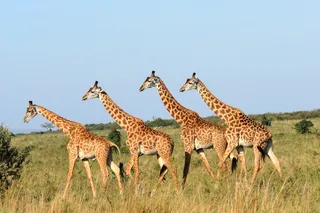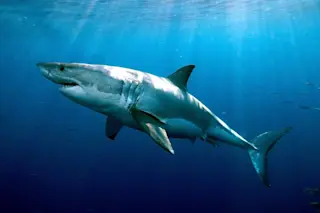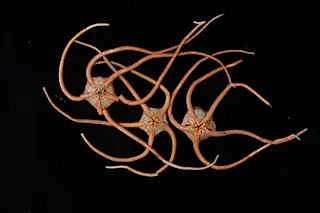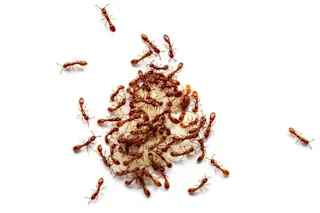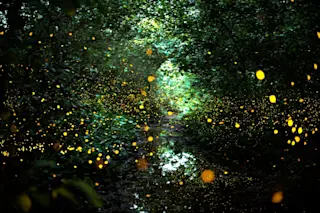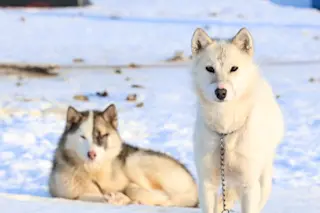The human penchant for animals of impressive size has left some of the most hunted species smaller and weaker. A new study finds that human-induced selection, through activities like hunting and fishing, is having a profound effect on the evolution of many species.
"Human-harvested organisms are the fastest-changing organisms yet observed in the wild" [National Geographic News], said lead researcher Chris Darimont.
The pattern of loss to human predation like hunting or harvesting is opposite to what occurs in nature or even in agriculture [The New York Times]; instead of survival of the fittest, human predation encourages survival of the scrawniest.
In nature,
predators typically take “the newly born or the nearly dead,” Dr. Darimont said [The New York Times],because healthy individuals are more difficult and dangerous to catch. But human hunters and gatherers
target the biggest and strongest individuals. To find out how human predation affects species evolution, researchers
...




